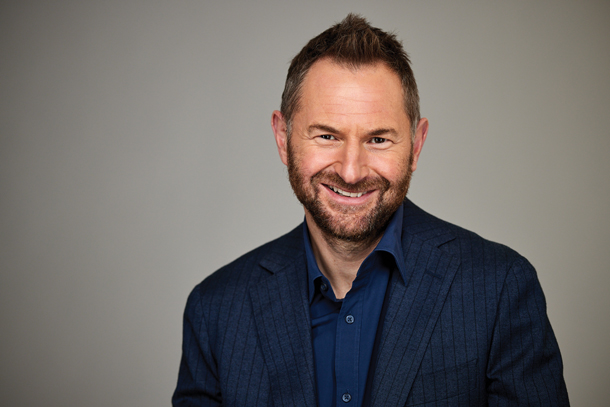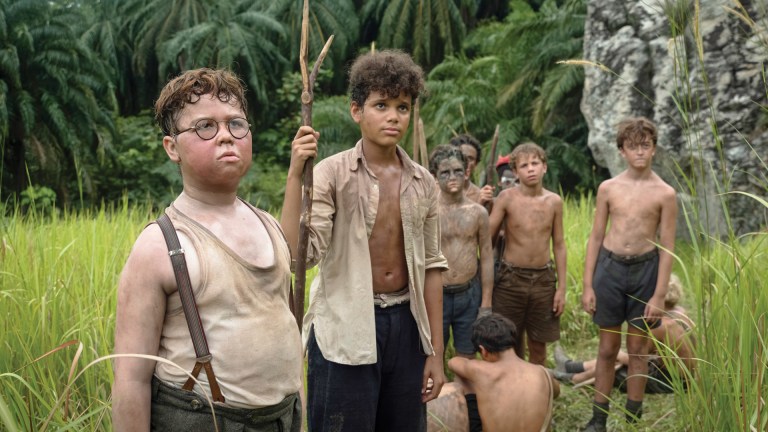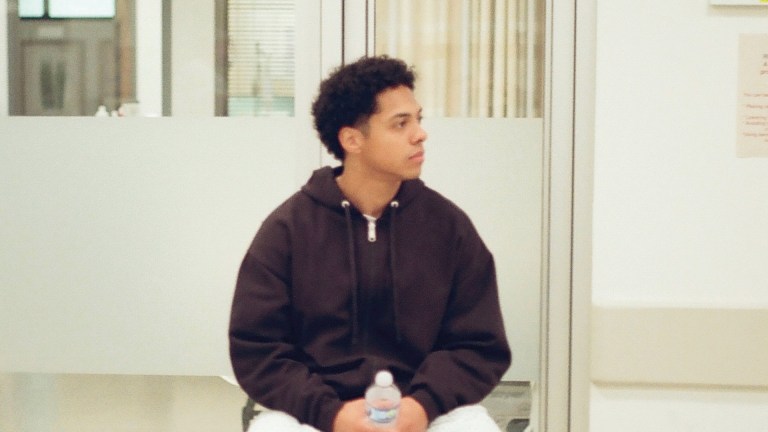Since becoming a professional screenwriter I have written 12 dramas about working-class life. From the early days of Clocking Off through Ordinary Lies, Come Home and The Driver to more recently, Ten Pound Poms and my Sky Comedy drama Brassic. Aside from ‘the master’ Jimmy McGovern, this may be more than any other living UK screenwriter.

I grew up in a very working-class home, dad worked in a factory, and mum was a secretary – as they used to call them – to a solicitor. We didn’t have bags of cash, but we weren’t on the poverty line either. But growing up in the north of England in the 1980s was hard. Thatcher was destroying northern cities. Unemployment was high. Crime was high. Social unrest was high. There was a feeling that our part of the country was getting left behind while people in the south were – seemingly – thriving.
I grew up on TV that reflected this: Auf Wiedersehen, Pet, about brickies having to relocate to Germany to find work; Minder, about petty criminality in the less affluent parts of London; Boys from the Blackstuff, early Brookside, Making Out.
These shows all depict the working class in a way that doesn’t feel grim and depressing. Sure, Blackstuff went to dark places but it was shot through with humour, warmth and love. And this is what I’ve always tried to do with my work, to deliver a truthful portrayal of life as I see it, but never become miserablist or worse, worthy.
Get the latest news and insight into how the Big Issue magazine is made by signing up for the Inside Big Issue newsletter
Brassic is the ultimate example of this. Although it presents as a potty-mouthed comedy about a gang of low-level thieves and their crazy schemes, we Trojan horse in pretty deep themes, the most obvious being the mental health struggles of my co-creator Joe Gilgun. Joe has put a huge amount of his own life on screen, based on his own experiences of bi-polar (and later, BPD) and our loving audience has responded to that.









